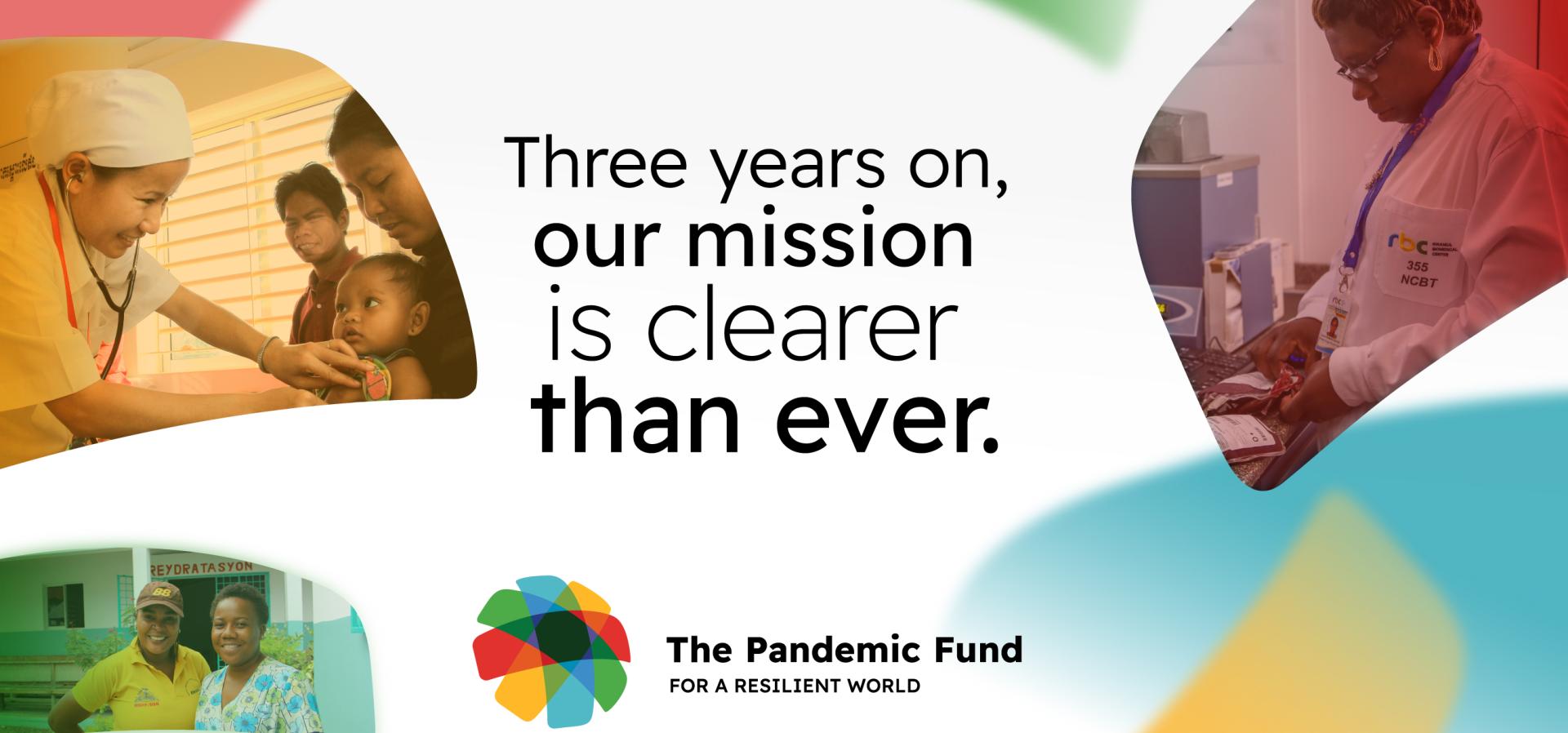Cambodia: Transforming Infectious Disease Surveillance Capabilities

Stories | November 17, 2025
Cambodia: Transforming Infectious Disease Surveillance CapabilitiesCambodia faces a rising risk of disease outbreaks from its vulnerability to climate change and natural disasters, intensive agricultural and livestock production, and loss of forests and biodiversity.
Last Updated: November 17, 2025




